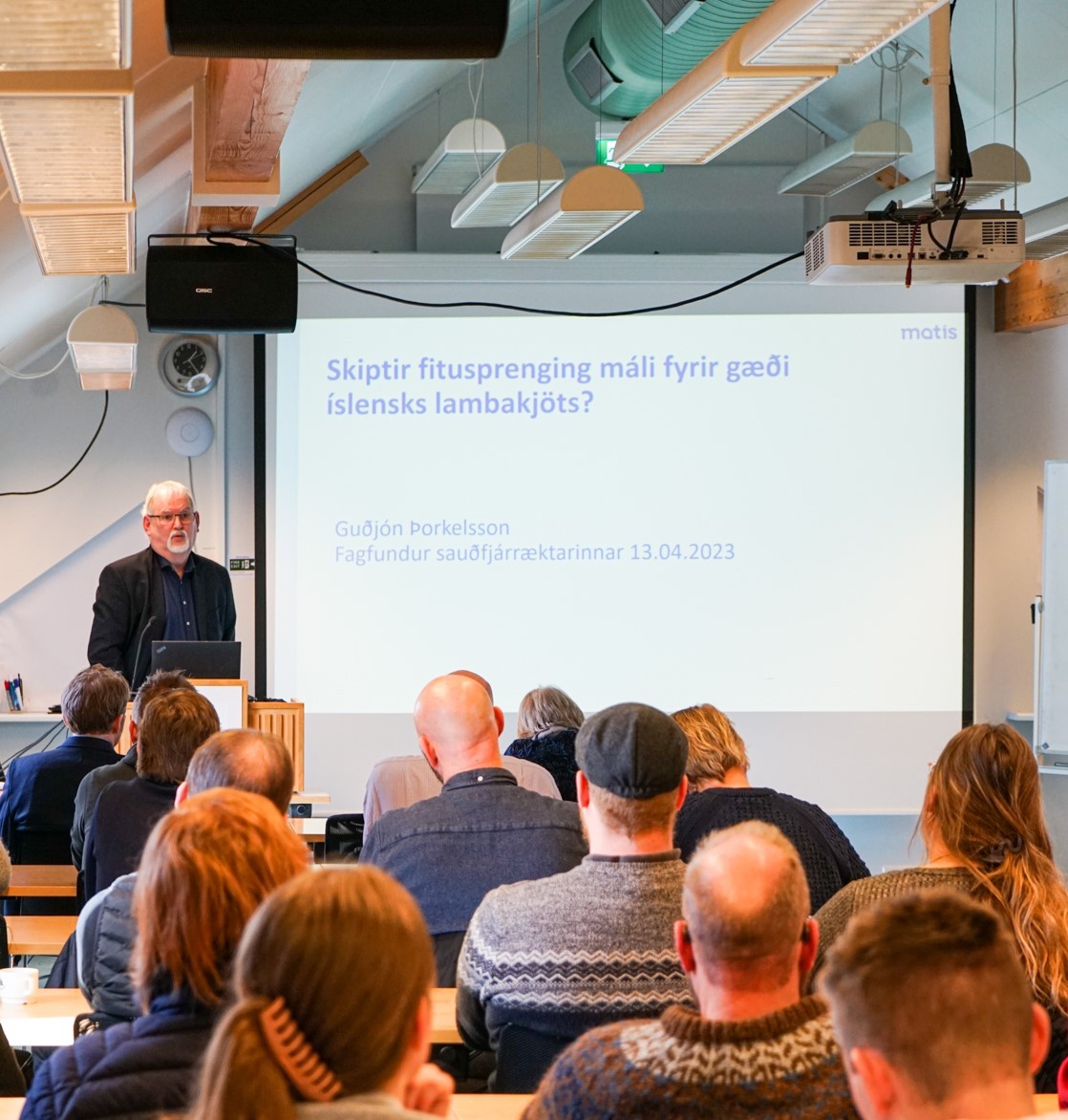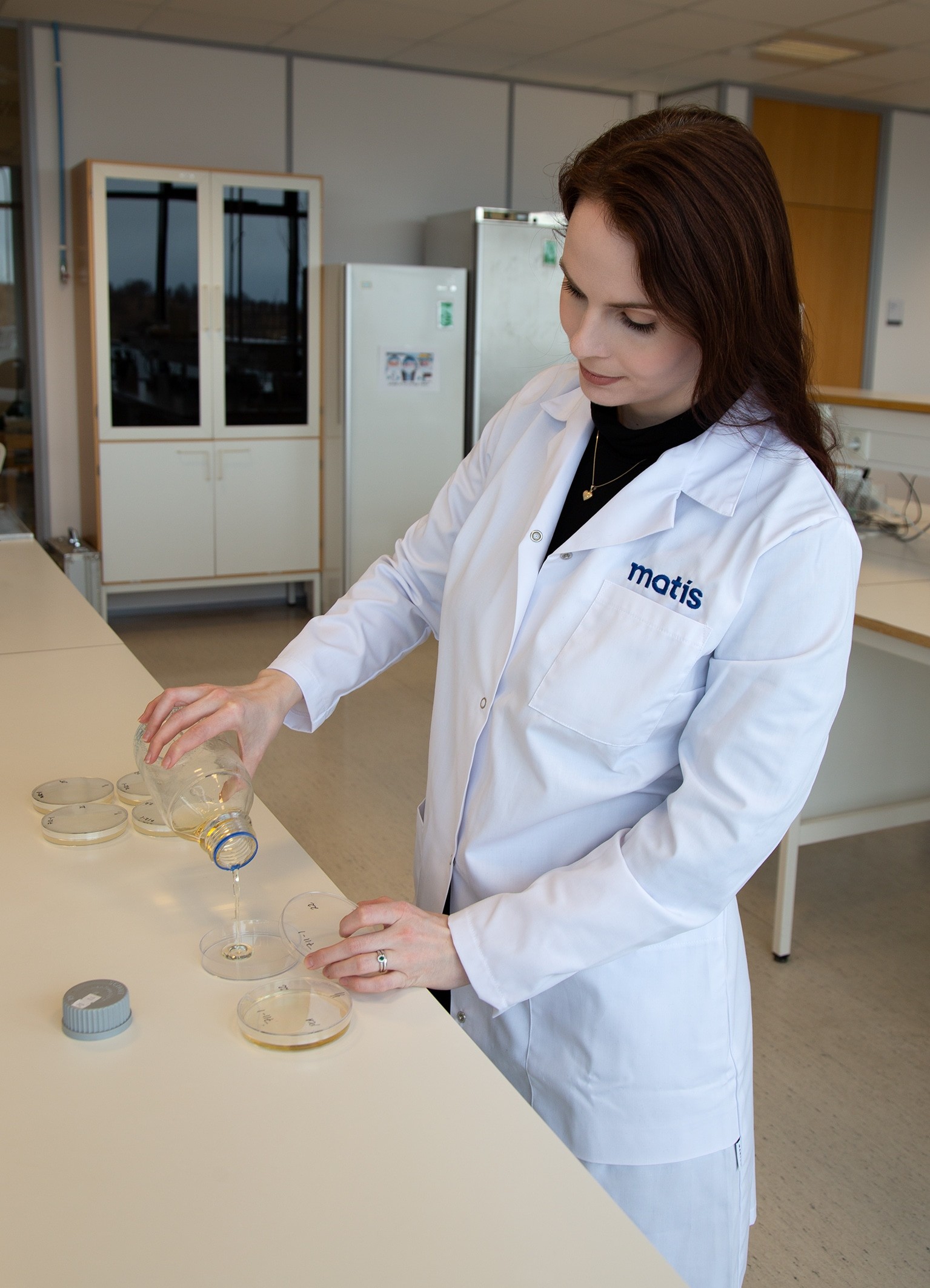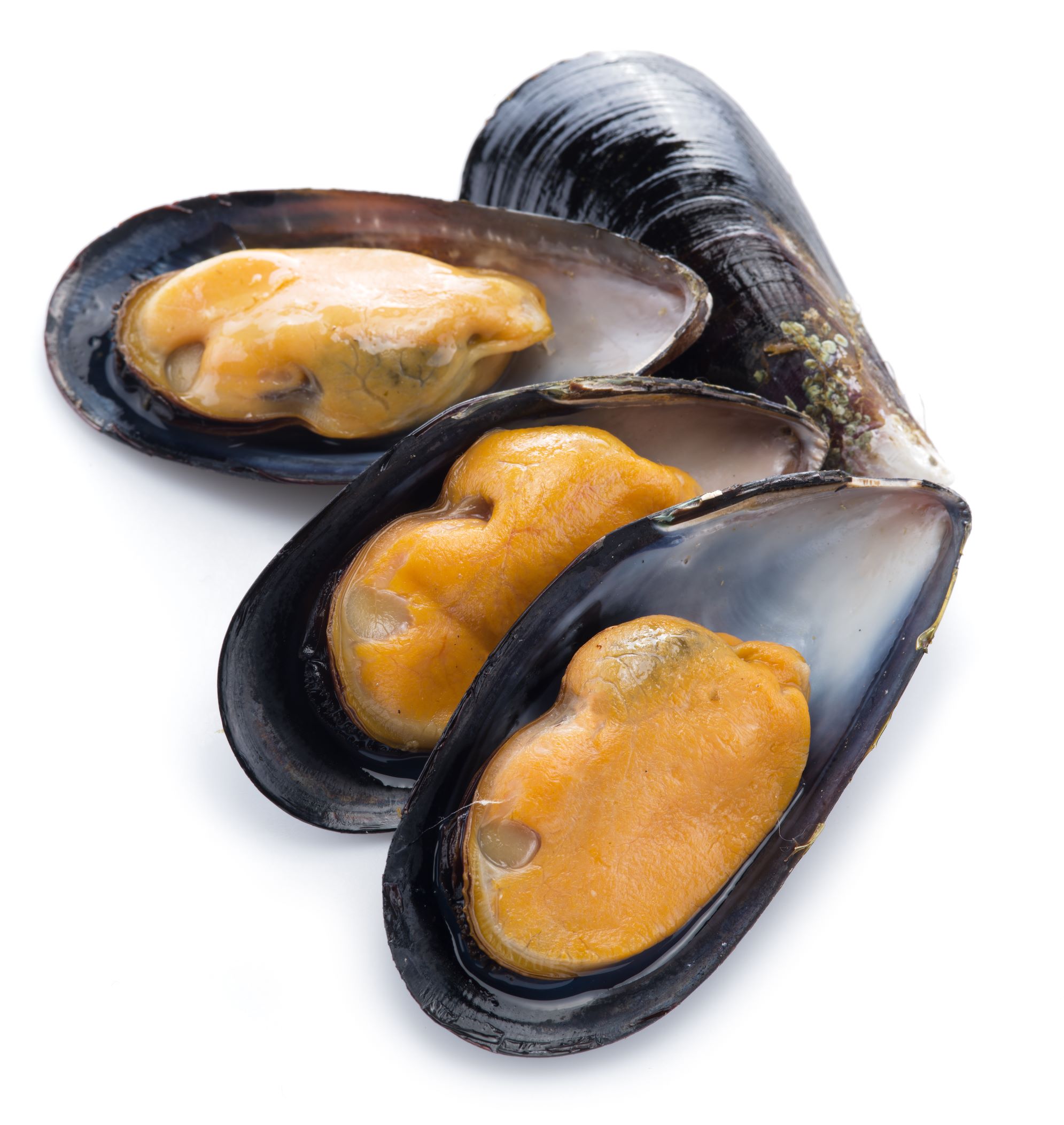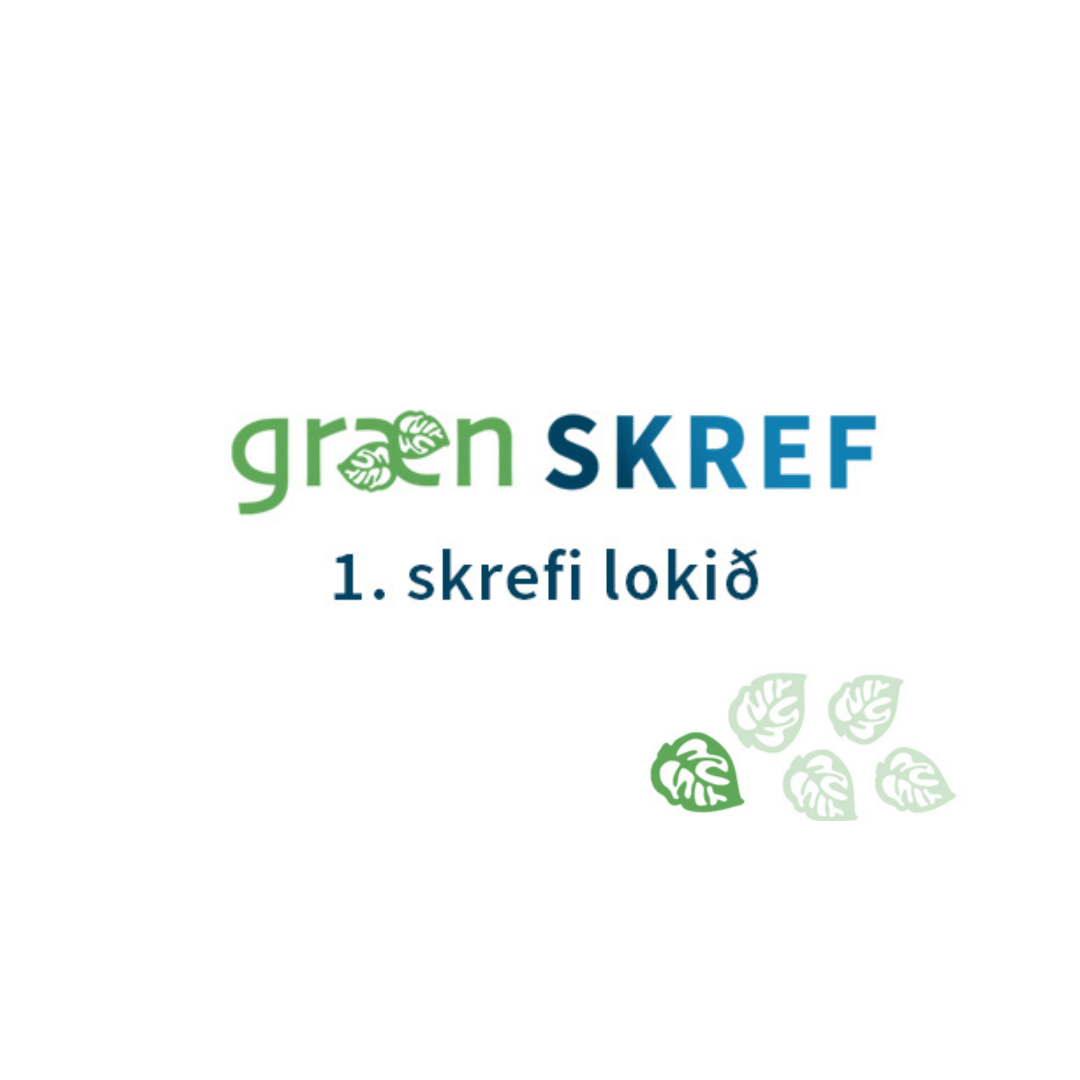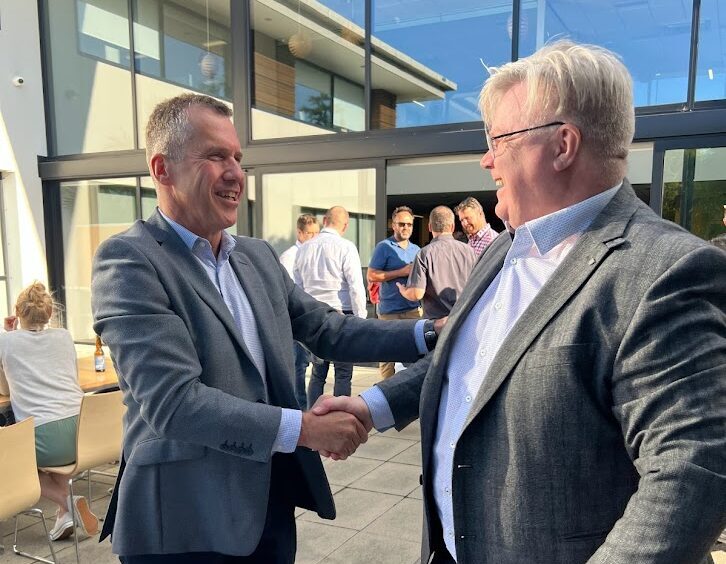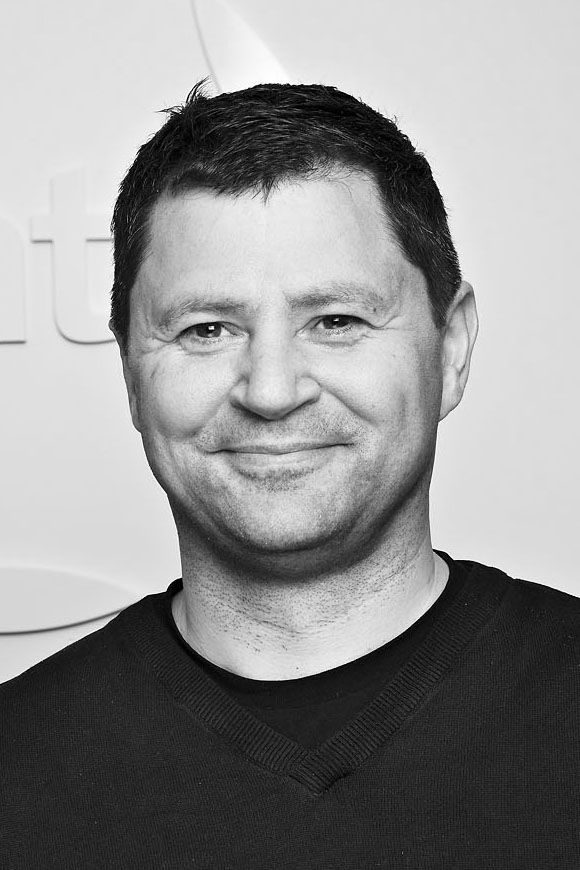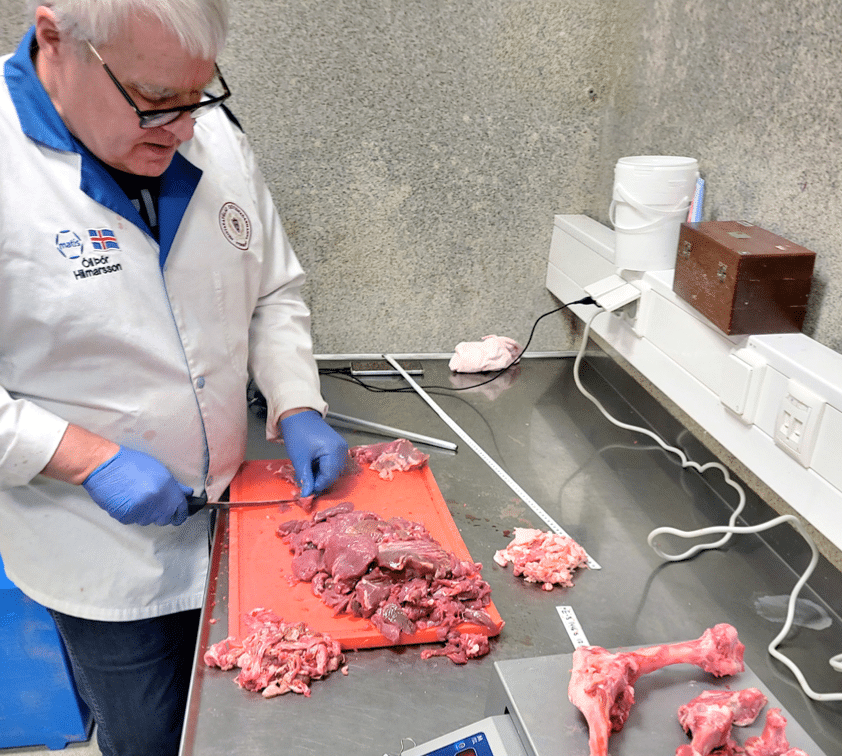Doctoral defense in food science – Hang Thi Nguyen
Þriðjudaginn næsta, 18. apríl, mun Hang Thi Nguyen verja doktorsverkefni sitt í matvælafræði. Verkefnið ber heitið: Ný prótein til manneldis
Doctoral defense in food science – Hang Thi Nguyen Nánar »

